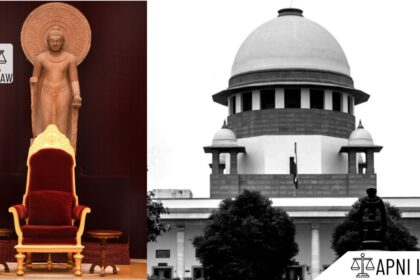Women in India are entitled to various legal and constitutional rights, some of which are:
- Right to equality: The Constitution of India guarantees women the right to equality before the law. Equal protection of the law without any discrimination based on gender. This means that women have the right to be treated equally to men in all aspects of life. This is including education, employment, and social and political participation.
- Right to freedom: Women in India have the right to freedom of speech and expression, assembly, association, movement, and residence. This means that women have the right to express their opinions, beliefs, and ideas freely. Without fear of persecution or discrimination.
- Right to education: The government of India is obligated to provide free and compulsory education to all children between the ages of six and fourteen years. This right applies to girls as well as boys. The government has also introduced various schemes and initiatives to promote the education of girls. Such examples are Beti Bachao, Beti Padhao scheme.
Work, property, health etc..
- Right to work: Women have the right to work in any profession or occupation. The government has also introduced various schemes and initiatives to promote women’s employment and entrepreneurship. Such examples are the Stand Up India scheme and the Mahila e-Haat initiative.
- Right to property: Women have the right to own and inherit property. The Hindu Succession Act, which was amended in 2005, provides for equal inheritance rights to daughters in joint family property. Other laws, such as the Muslim Women (Protection of Rights on Divorce) Act, also provide for women’s right to property.
- Right to health: Women have the right to access healthcare facilities and services, including reproductive healthcare and family planning. The government has also introduced various schemes and initiatives to promote women’s health, such as the Janani Suraksha Yojana and the Pradhan Mantri Matru Vandana Yojana.
- Right to protection from violence: Women have the right to be protected from domestic violence, sexual harassment, and other forms of violence against women. The government has enacted laws to protect women from these forms of violence, such as the Protection of Women from Domestic Violence Act and the Sexual Harassment of Women at Workplace (Prevention, Prohibition and Redressal) Act.
Right in participation
- Right to participate in politics: Women have the right to participate in political processes and run for political office. The Constitution of India reserves seats for women in local bodies, such as Panchayats and Municipalities, to promote their participation in governance. The government has also introduced various schemes and initiatives to promote women’s political participation, such as the Mahila Shakti Kendra scheme.
Despite these legal and constitutional rights, women in India continue to face various challenges, such as discrimination, violence, and lack of access to education and employment opportunities. The government and civil society organizations continue to work towards promoting gender equality and women’s empowerment in India.









